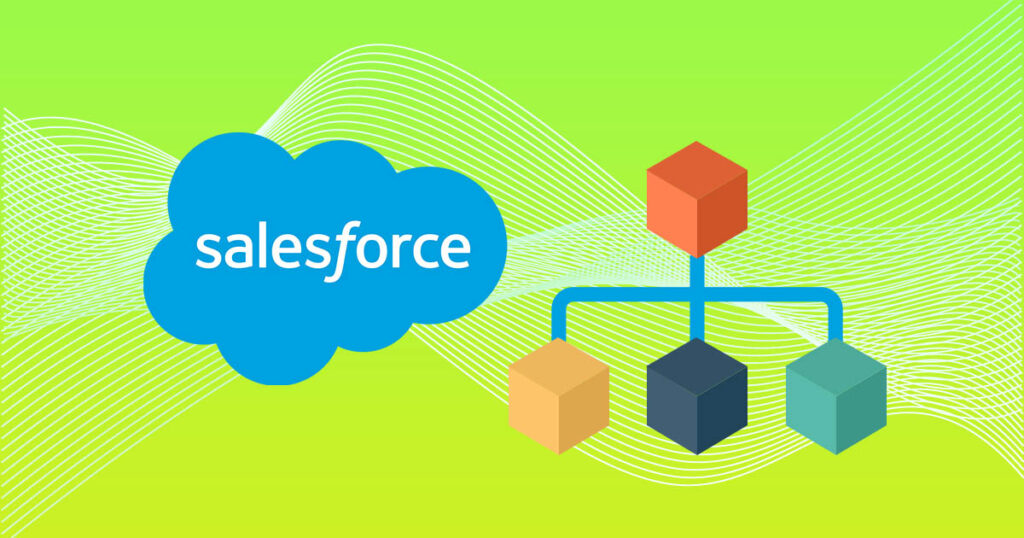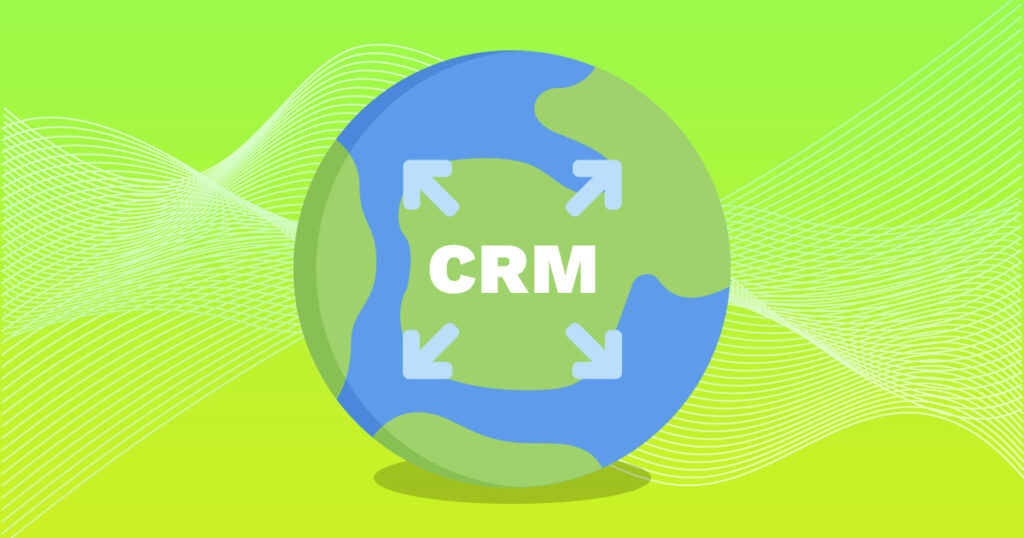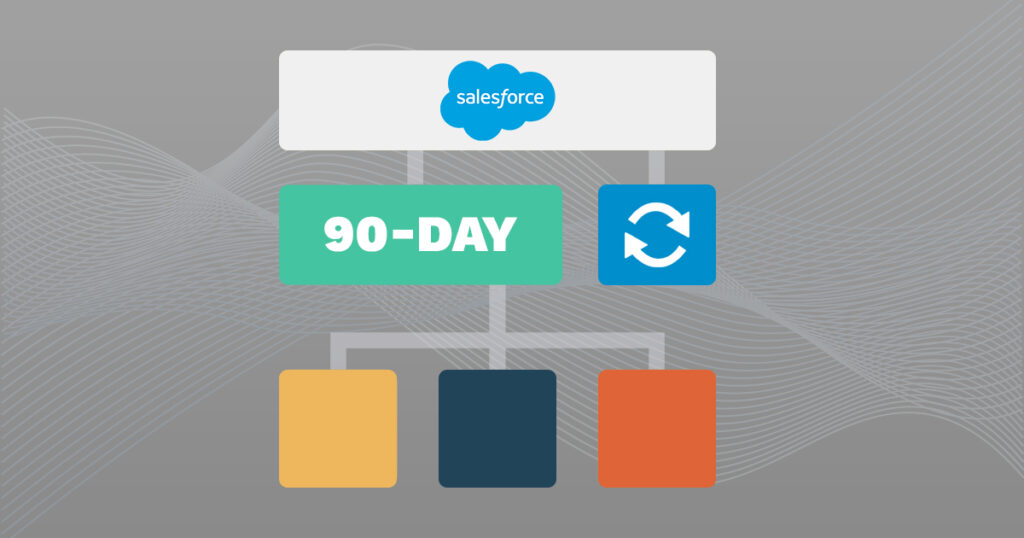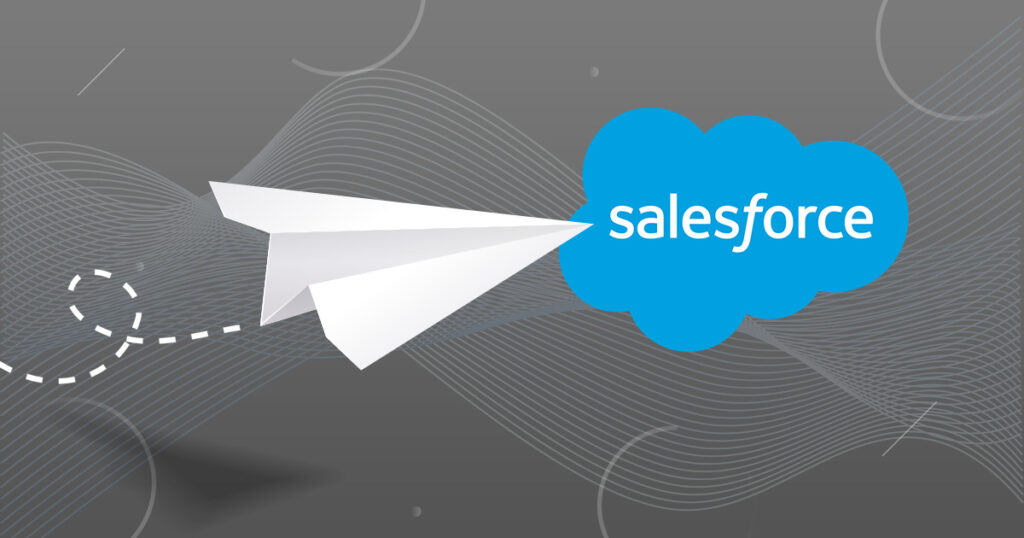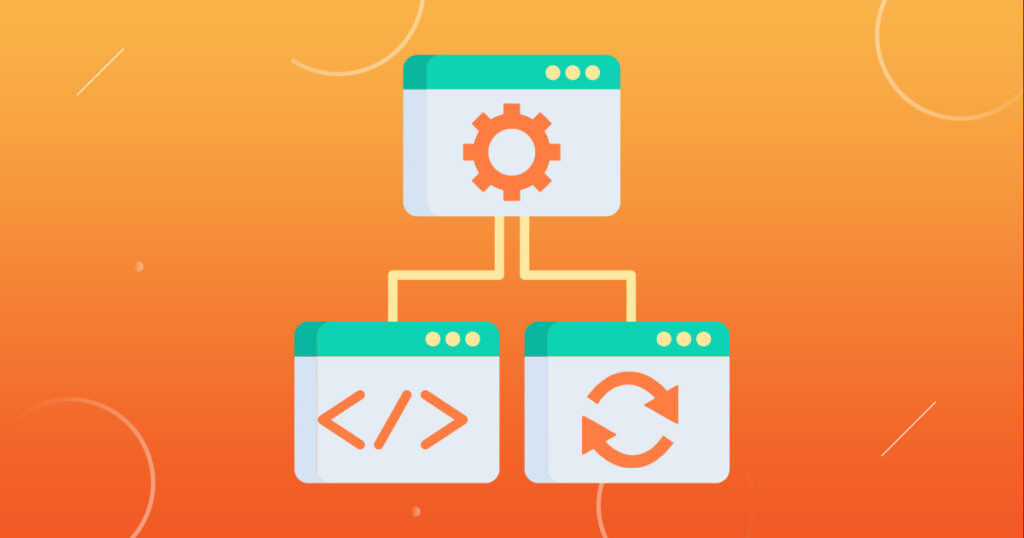Salesforce has long been a leader in cloud-based CRM solutions. But there is no question that business demands are changing. Firms that want to compete need more speed, security, and scalability,
That’s why Salesforce continues to evolve. In 2025, Salesforce’s unified cloud infrastructure will play a pivotal role in reshaping how organizations operate within the platform and beyond.
Let’s talk about advancements like Hyperforce. This Salesforce innovation means the platform is moving toward a more flexible and globally distributed cloud environment.
But what does this mean for organizations in industries like higher education, financial services, healthcare, and nonprofits? More importantly, how can businesses prepare for the upcoming changes?
At CRM Forge Solutions, we help organizations maximize the value of their Salesforce investment. In this post, we’ll explore what’s changing in Salesforce’s cloud infrastructure and what you need to consider in 2025.
Salesforce’s unified cloud infrastructure is an evolution in how the platform handles data, security, and scalability.
Historically, Salesforce has relied on dedicated infrastructure regions to host customer data, but with Hyperforce and other innovations, the platform is shifting toward a global, scalable cloud model.
This new infrastructure enables organizations to:
- Run Salesforce on major public cloud providers like AWS, Google Cloud, and Azure.
- Improve compliance and data residency by storing information in specific geographic regions.
- Enhance performance and security with a more agile and responsive system.
With this shift, companies will experience greater flexibility in deploying Salesforce solutions while maintaining high levels of security and regulatory compliance that they have come to trust.
As cloud computing technology rapidly advances, 2025 will be a defining year for Salesforce’s infrastructure. Here’s why:
1. The Demand for Scalable CRM Solutions is Growing
More organizations are expanding their Salesforce ecosystems, requiring infrastructure that can handle massive data loads, complex automation, and AI-driven insights.
2. Regulatory Changes Will Impact Cloud Compliance
Industries like healthcare, financial services, and education operate under strict data regulations. Salesforce’s new infrastructure will allow organizations to store data within required jurisdictions so they remain compliant.
3. AI and Automation Will Depend on a Stronger Cloud Foundation
With Salesforce Einstein AI and automation tools becoming more advanced, businesses will need a cloud system that can process high volumes of AI-driven workflows without performance bottlenecks.
Organizations that plan ahead for these changes will stay ahead of the curve while maximizing their Salesforce investment.
Salesforce’s cloud transformation offers significant advantages for organizations that leverage the platform.
Scalability: Future-Proofing for Growth
With a more distributed cloud model, businesses can better scale their Salesforce environment. Whether handling seasonal spikes in activity or global expansion, the infrastructure adapts to business needs.
Faster, More Reliable Systems
Salesforce’s move to a modern cloud architecture means reduced latency, faster data retrieval, and improved system reliability—key benefits for customer service, marketing automation, and real-time analytics.
Stronger Data Protection
For industries handling sensitive customer data, it’s all about security. The unified cloud infrastructure provides enhanced encryption, identity verification, and compliance tools to meet regulatory requirements.
Optimized for Multi-Region Operations
Salesforce’s infrastructure changes will make it easier for businesses to operate in multiple geographic regions while ensuring data sovereignty and compliance with local laws.
Organizations that embrace these benefits will position themselves for long-term success in an increasingly digital world.
As Salesforce transitions to a unified cloud model, companies should prepare for both opportunities and challenges in 2025.
Migration Challenges
Organizations running legacy Salesforce instances may need to migrate to the new infrastructure. Remember, this will require careful planning and execution to avoid disruptions. Consider help from the experts at CRM Forge.
Customization & Integration Considerations
Third-party integrations, custom workflows, and industry-specific applications will need to be tested and adapted to ensure compatibility with the new cloud framework.
Budgeting for Cloud Transitions
While Salesforce’s new model offers long-term cost savings, initial migrations may require investment in new tools, training, and consulting services to ensure a smooth transition.
AI & Automation Enhancements
With Salesforce’s AI-driven tools becoming more powerful, businesses should explore how to integrate AI-driven analytics, automation, and machine learning into their Salesforce ecosystem. This will require updated training for both staff and management teams.
Staying ahead of these changes will help you maximize efficiency and ROI as Salesforce’s cloud strategy evolves.
CRM Forge Solutions is all about helping organizations like yours navigate the evolving Salesforce landscape and Hyperforce launch. Here’s what we can do for your business:
Salesforce Migration & Optimization
We create a strategic migration plan tailored to your organization’s processes and goals. We’ll identify potential risks and outline a transition plan.
Industry-Specific Customization
Higher education, financial services, healthcare, and nonprofits each operate within distinct regulatory, operational, and stakeholder environments. CRM Forge Solutions knows these nuances.
Compliance & Security Consulting
Meeting industry regulations and protecting sensitive data are top priorities for modern organizations. Our specialists stay current with standards such as HIPAA, GDPR, and SOC 2 to ensure your Salesforce implementation is compliant and secure. We conduct detailed security assessments, recommend best practices for data encryption and user access, and provide ongoing support.
Salesforce’s unified cloud infrastructure is set to reshape how organizations leverage CRM technology in 2025.
Preparing for this transition is a must. At CRM Forge Solutions, we help organizations stay ahead. If you’re ready to optimize your Salesforce infrastructure for 2025, contact us today.

